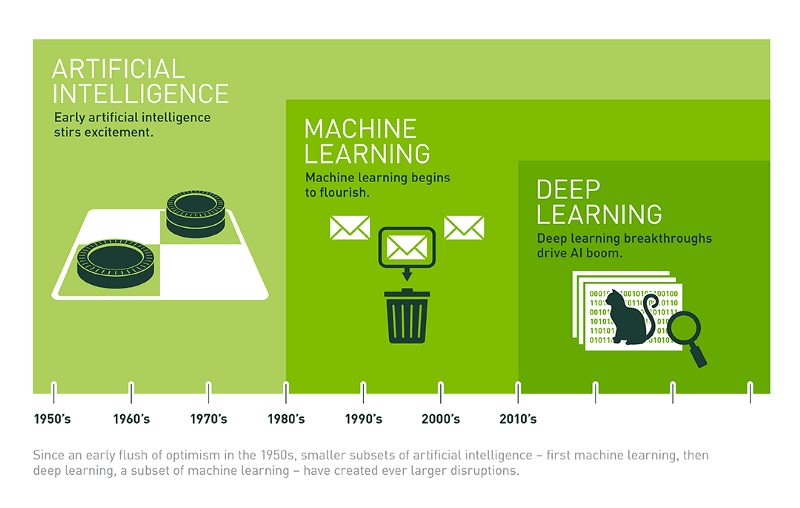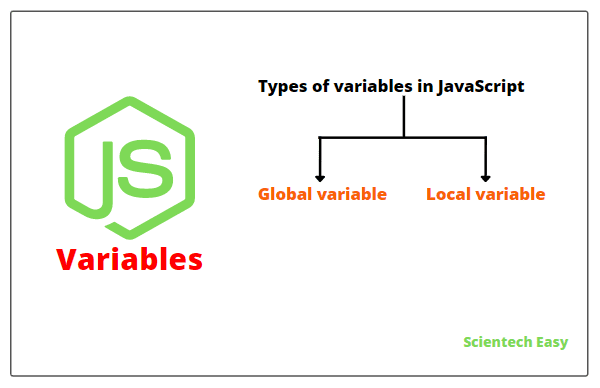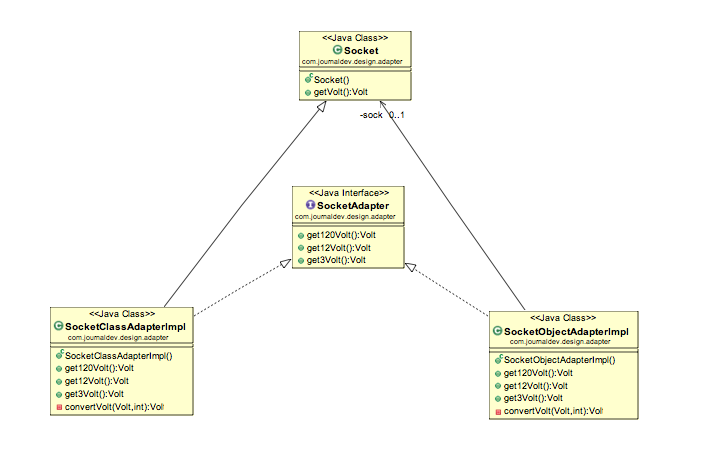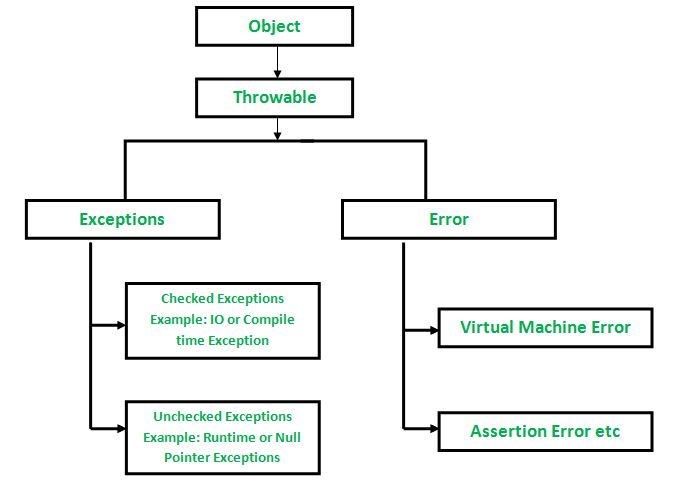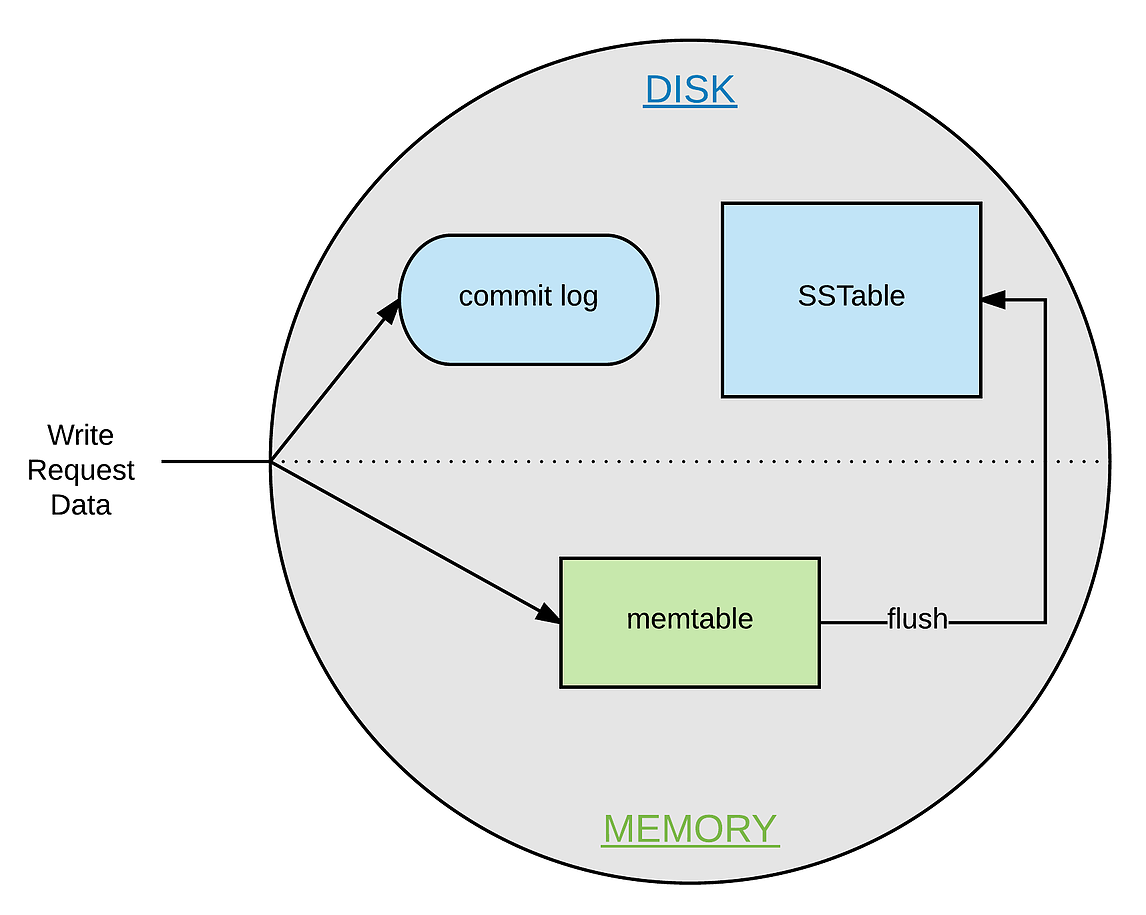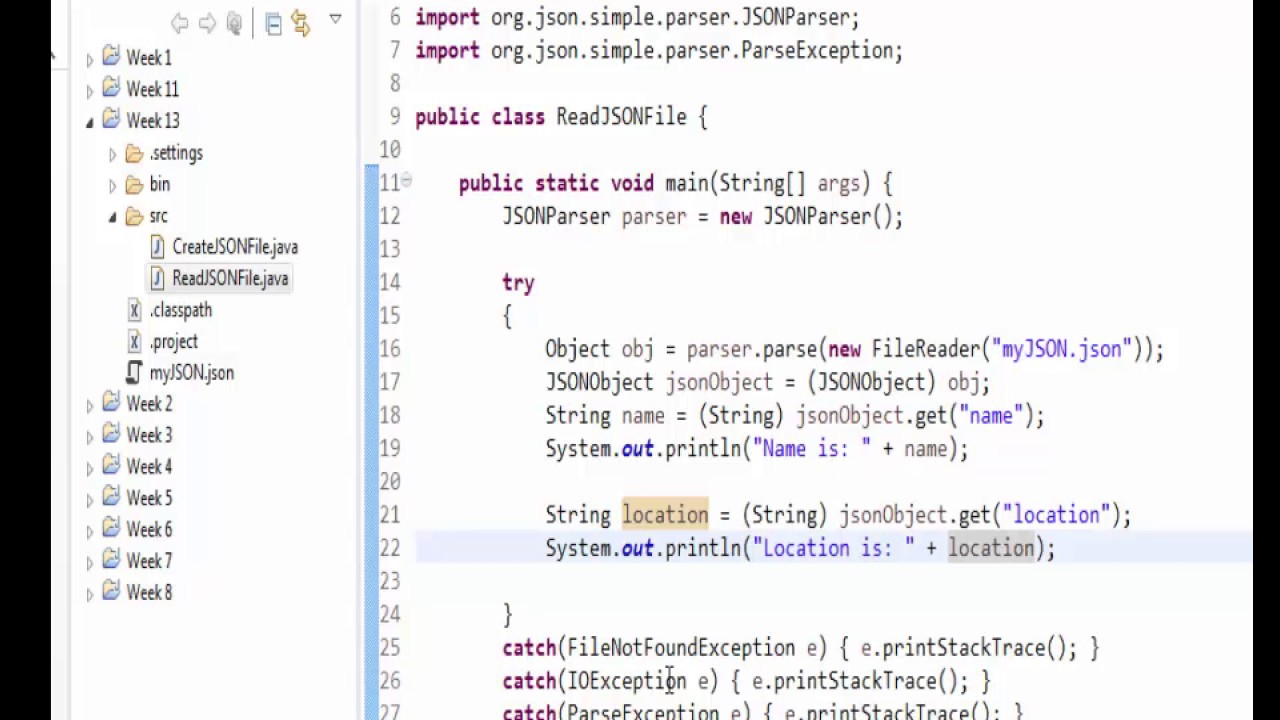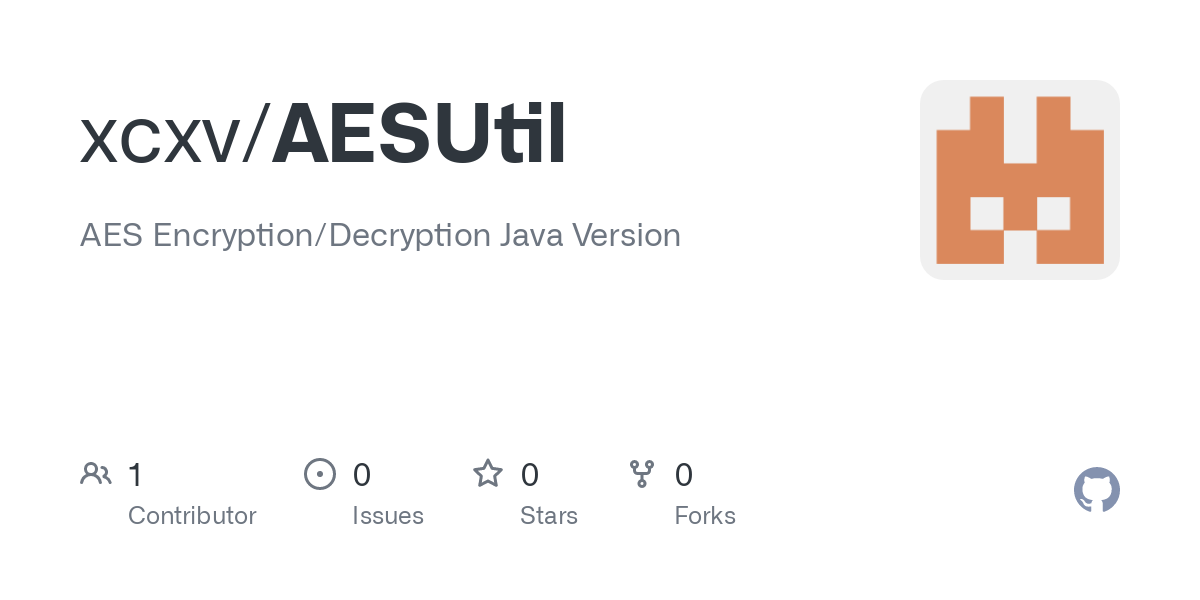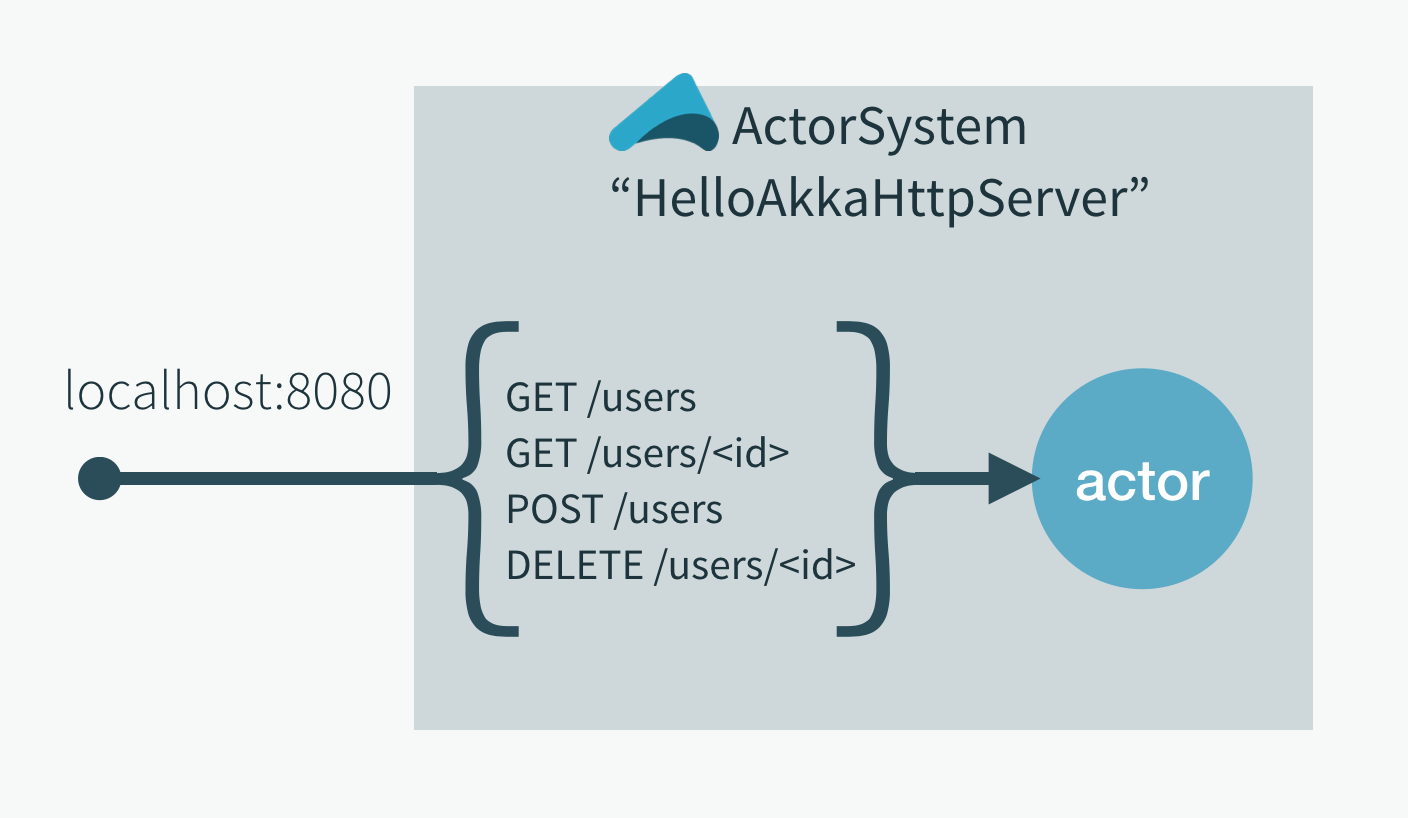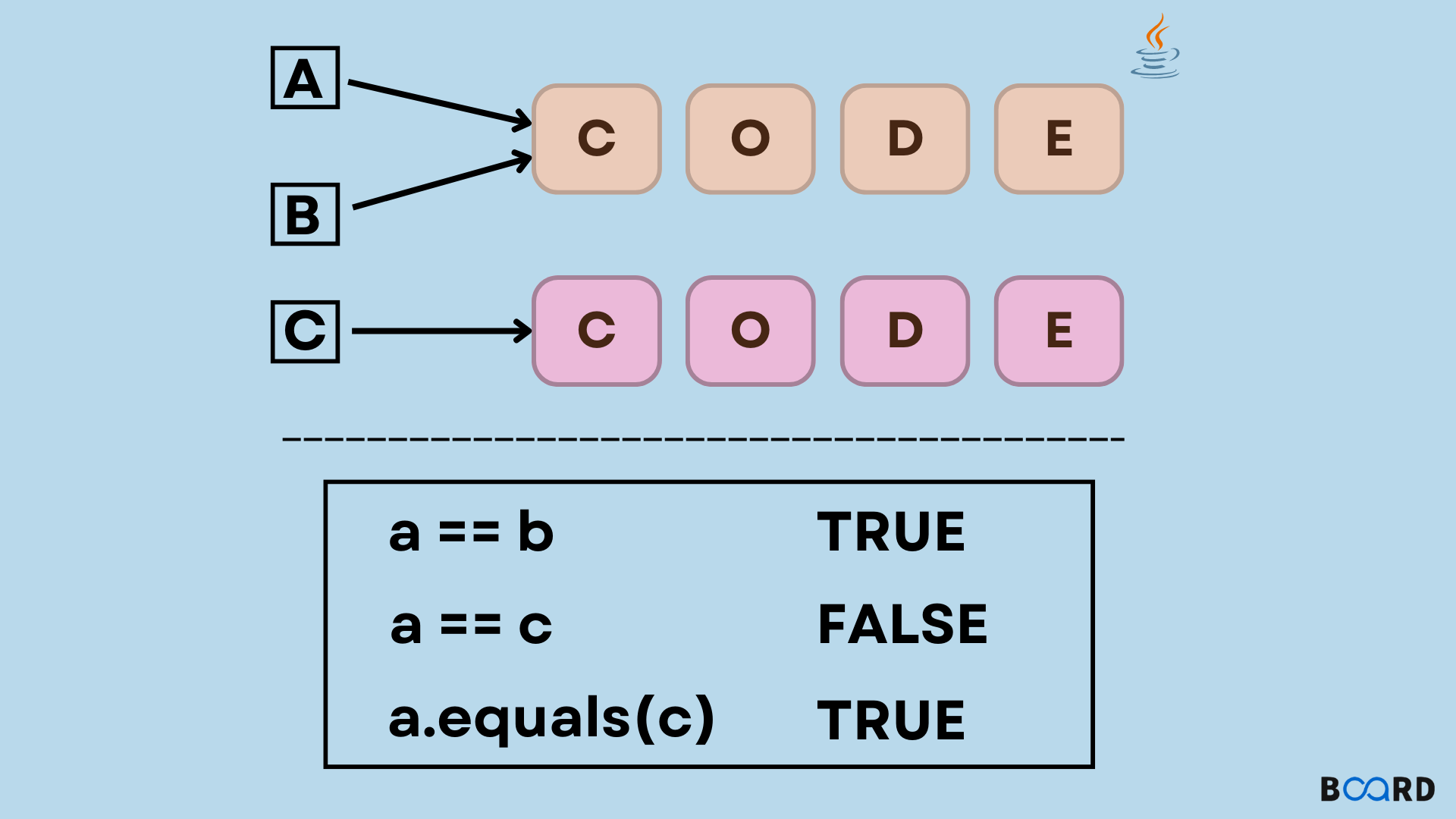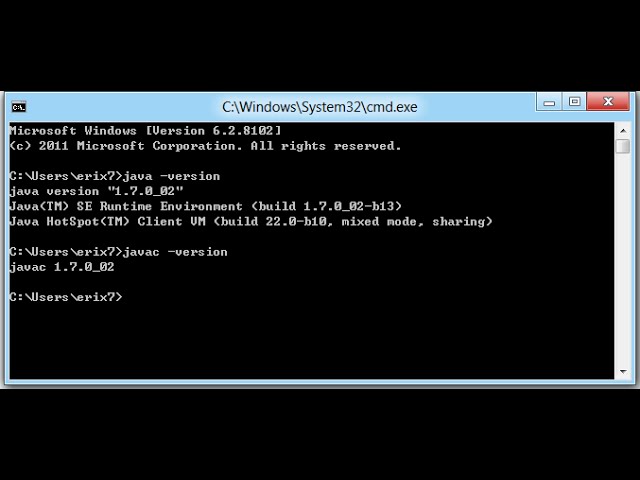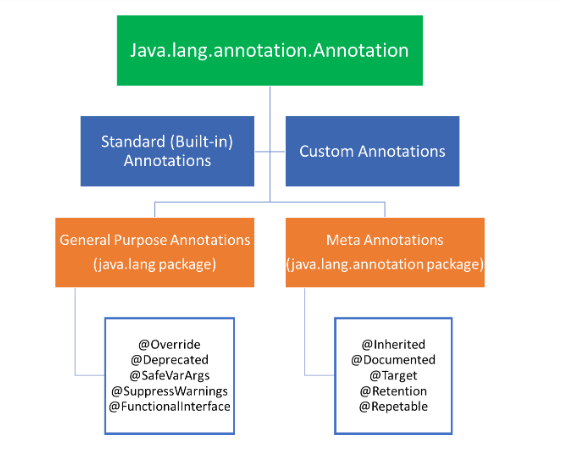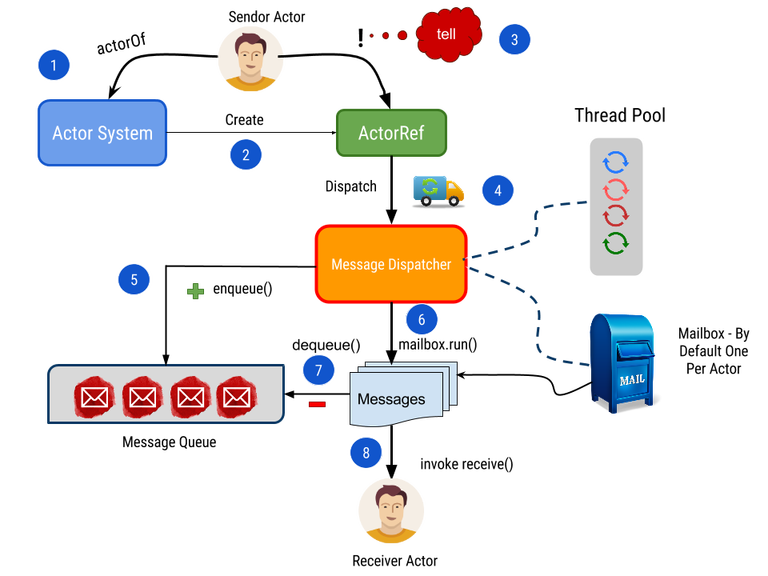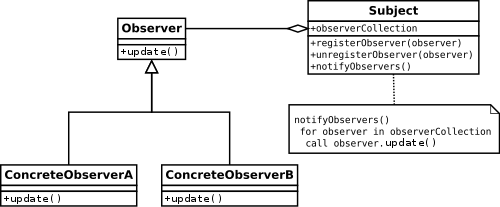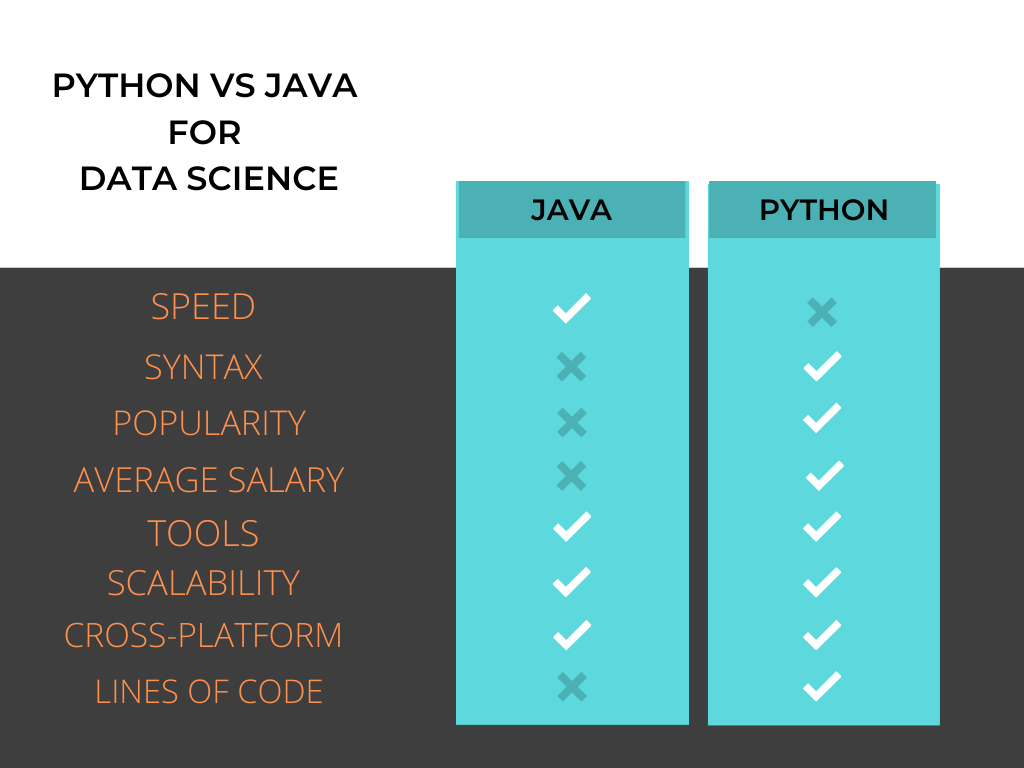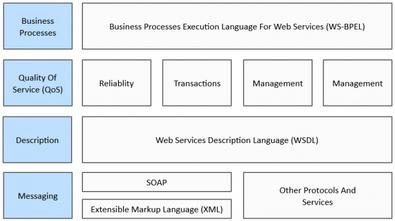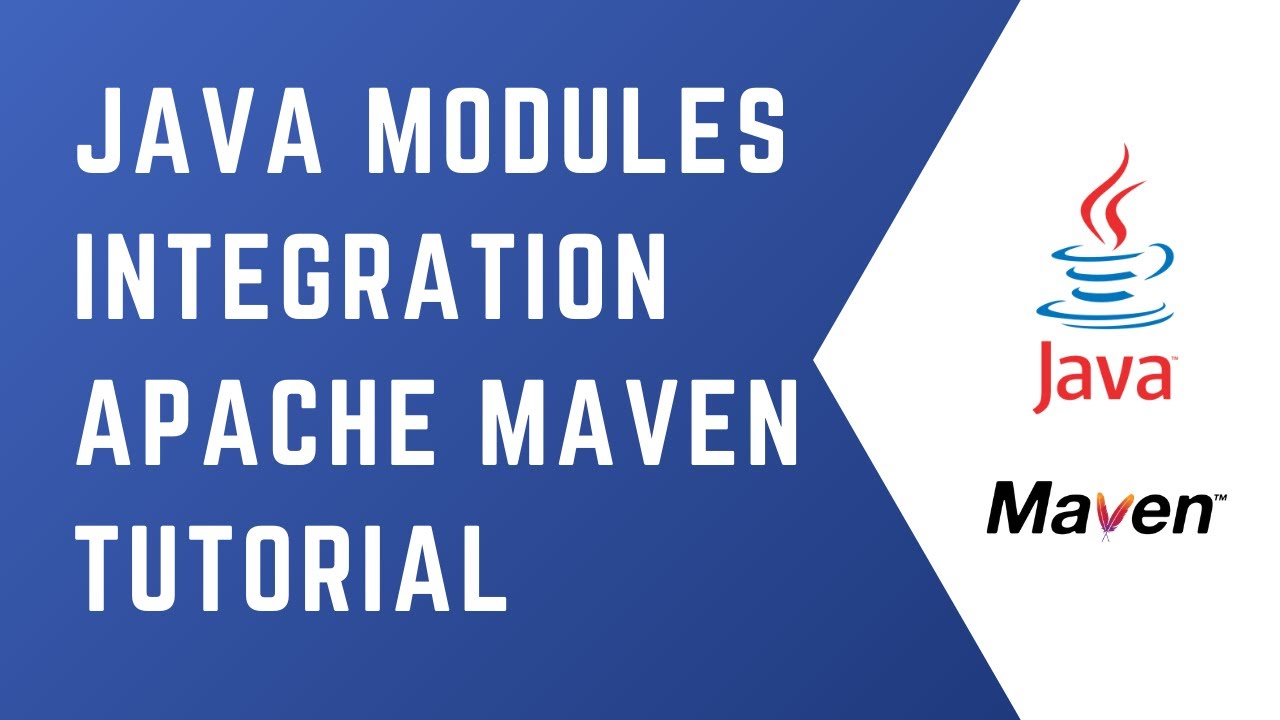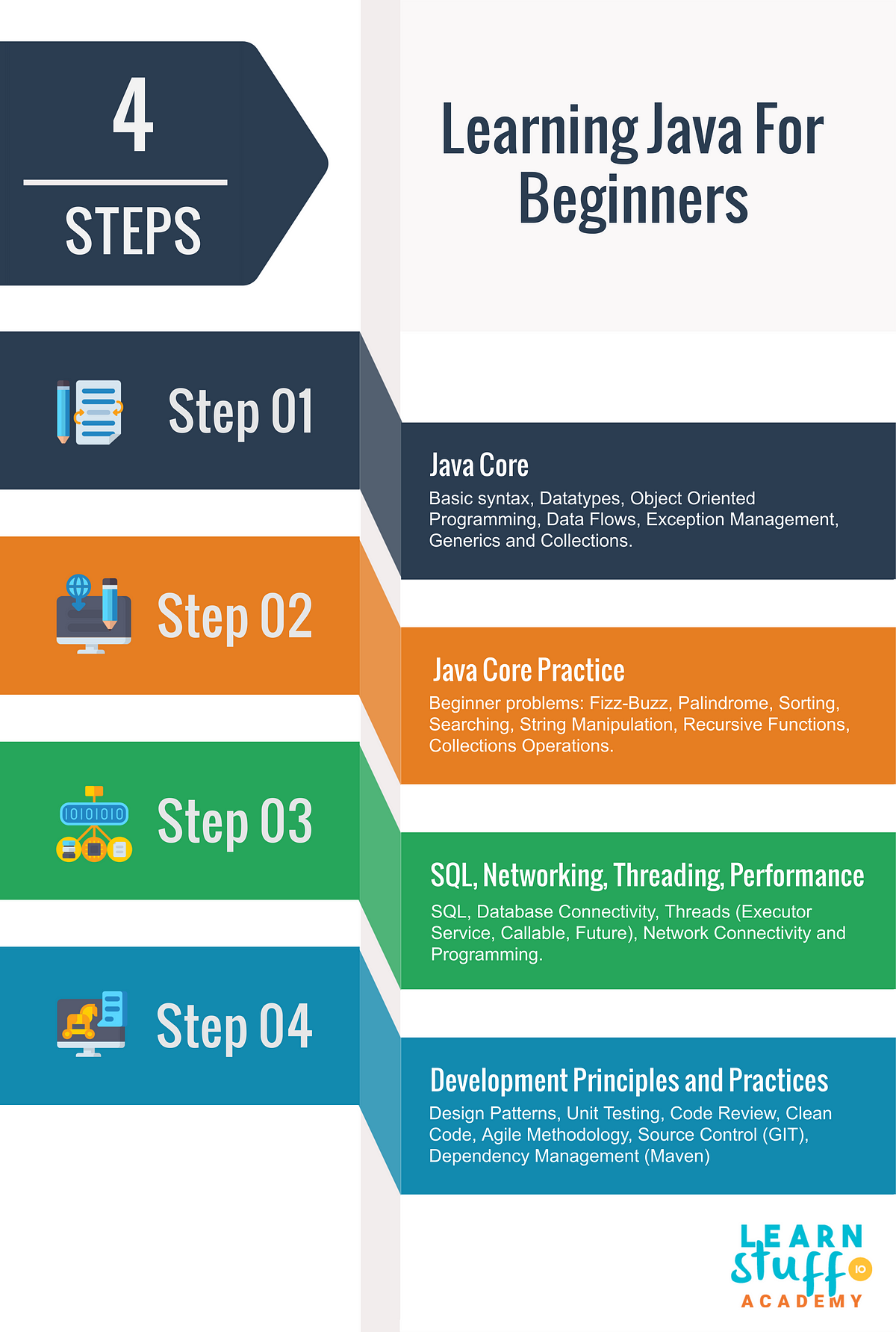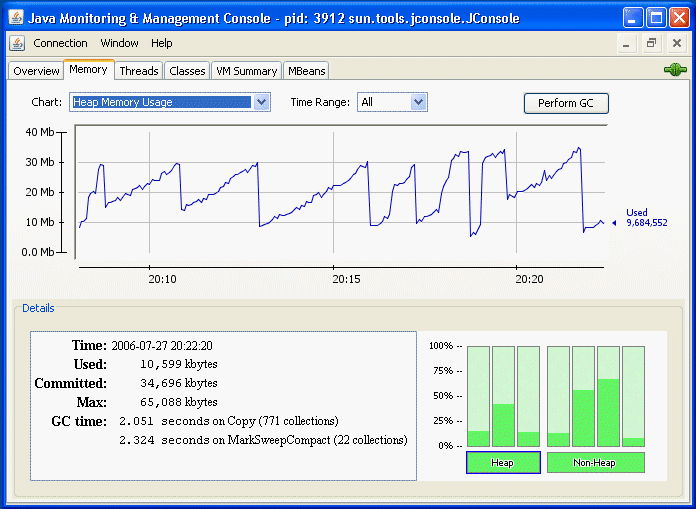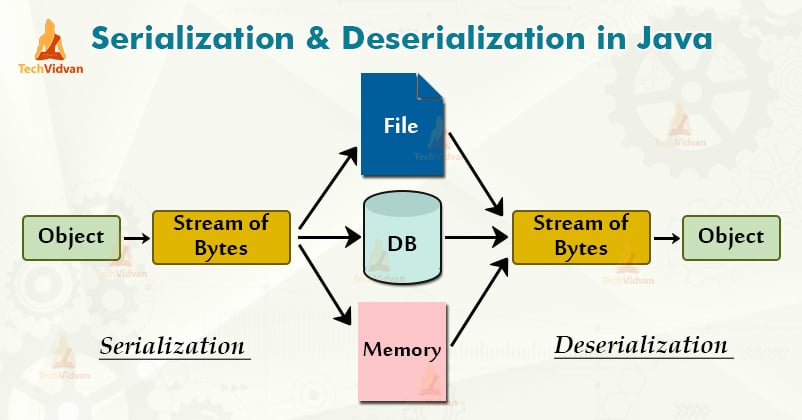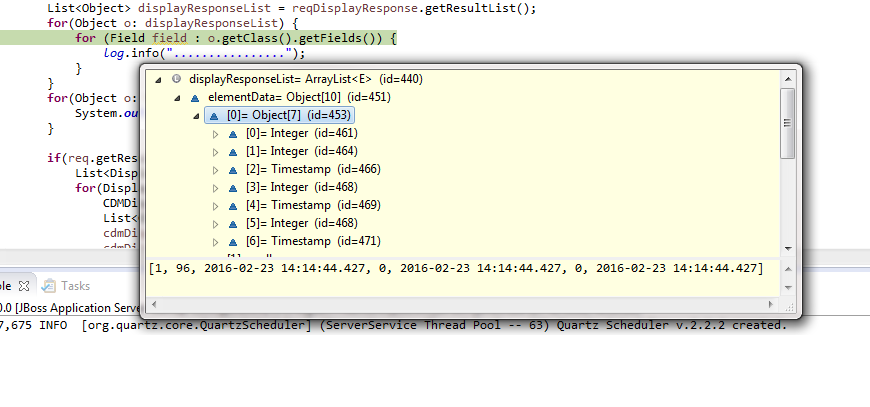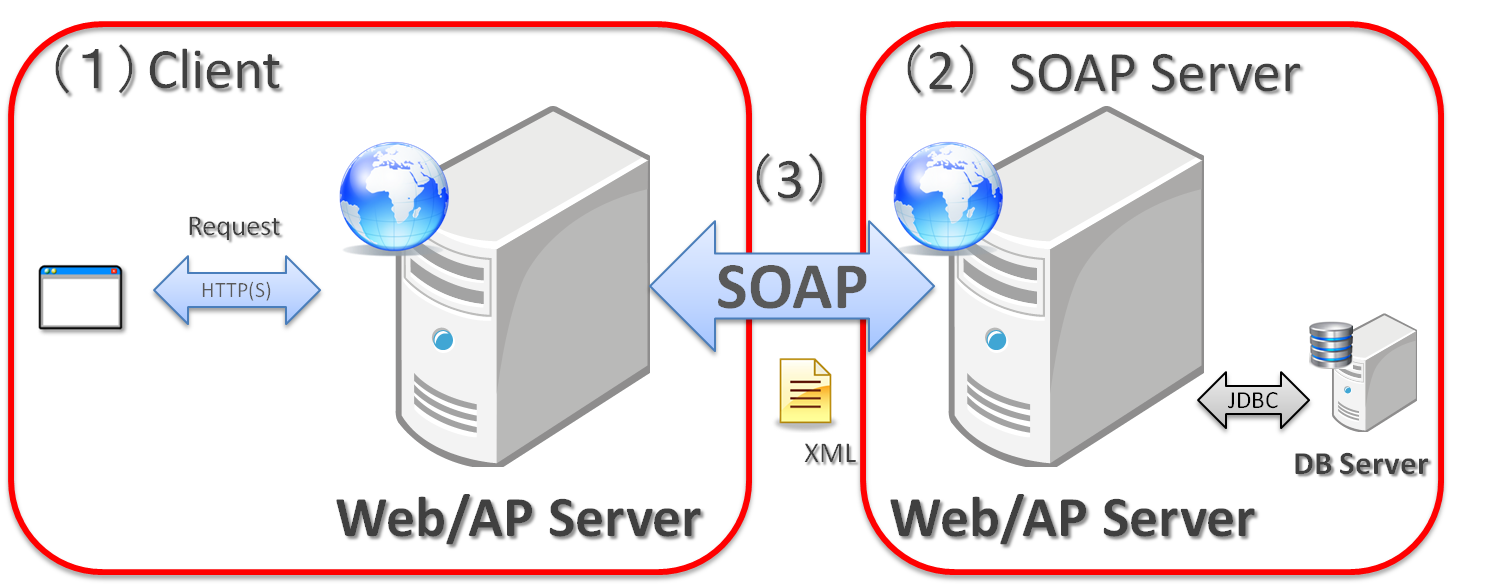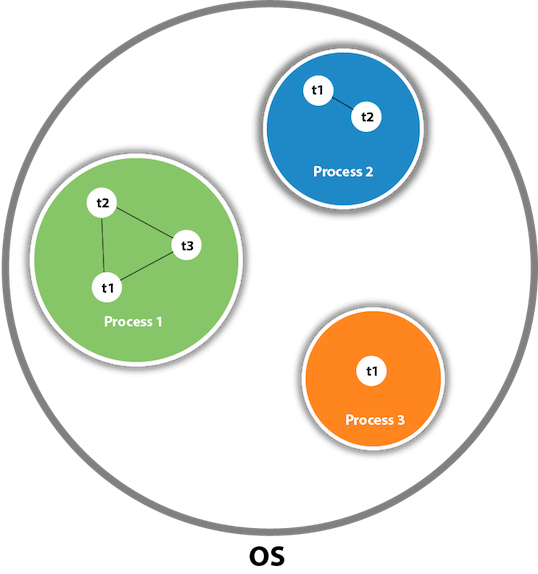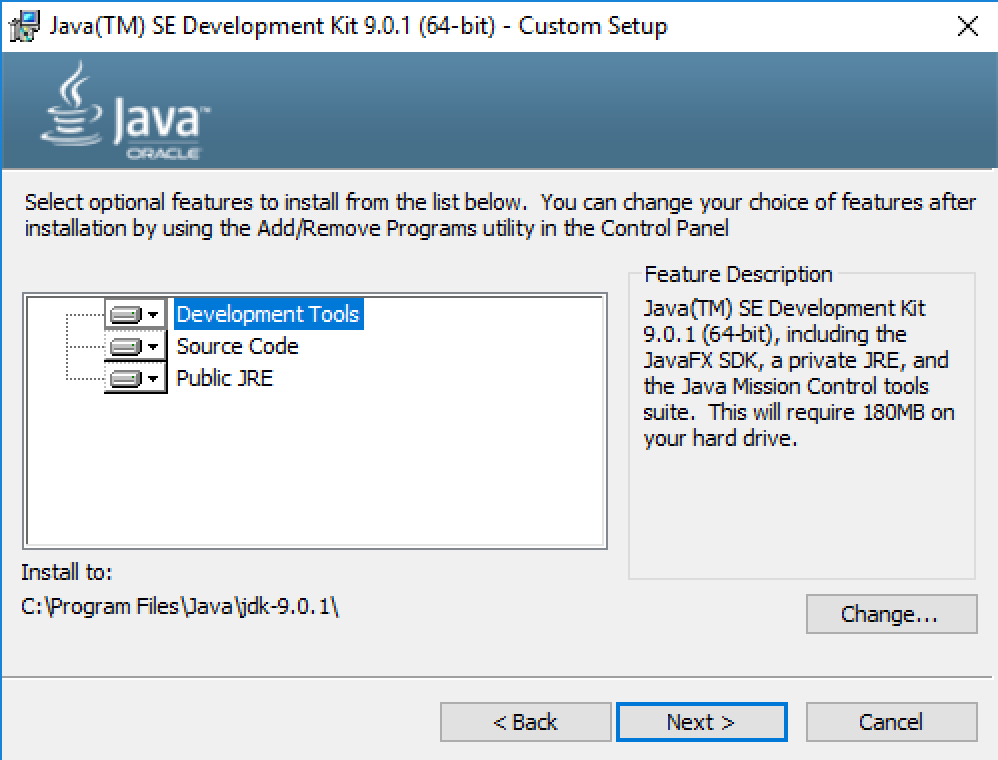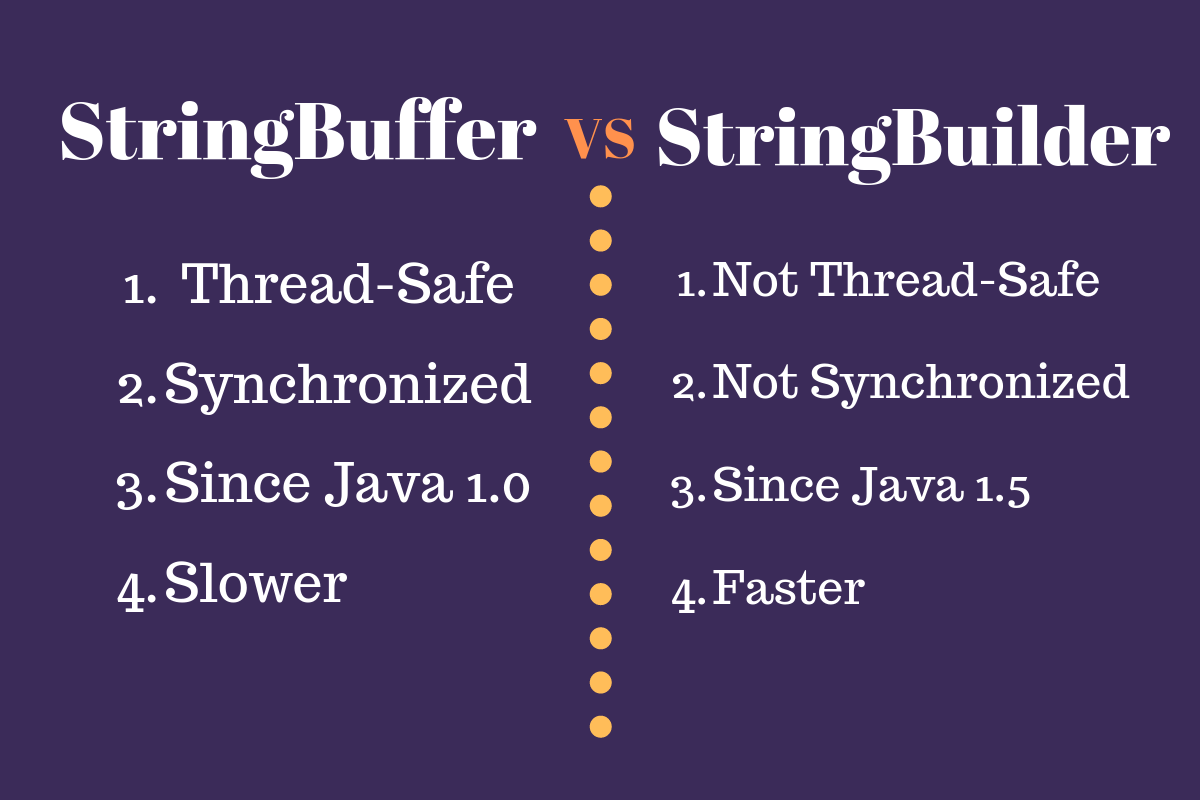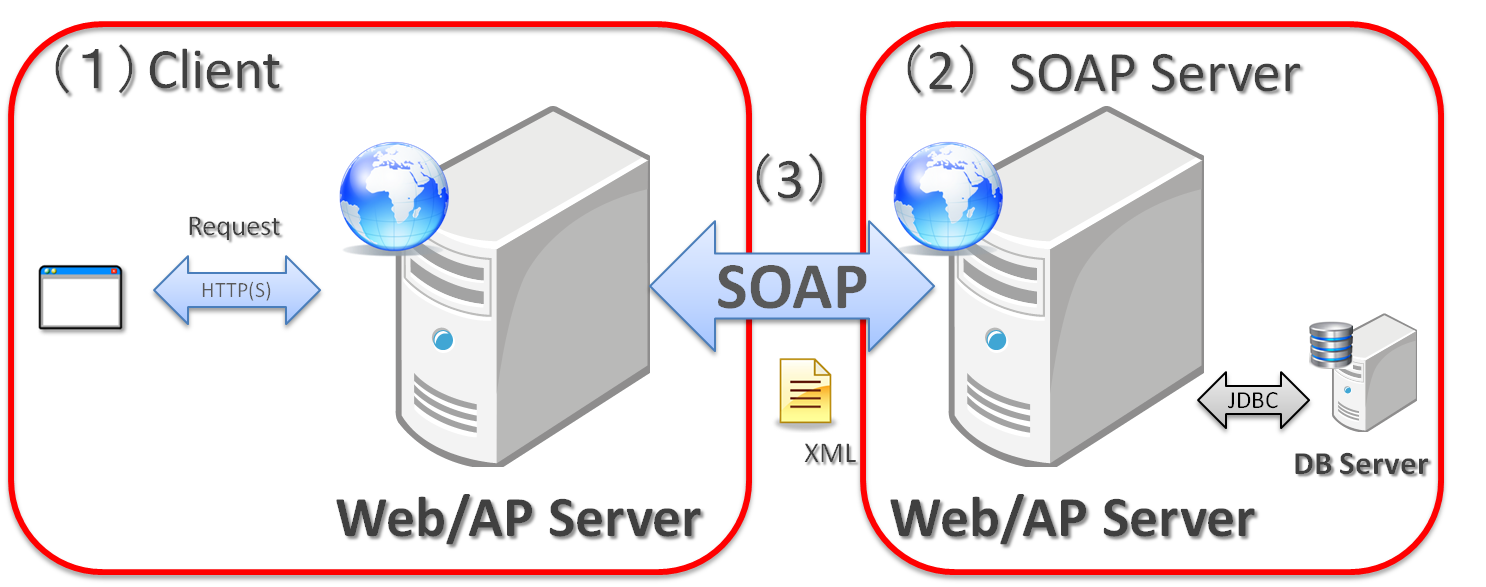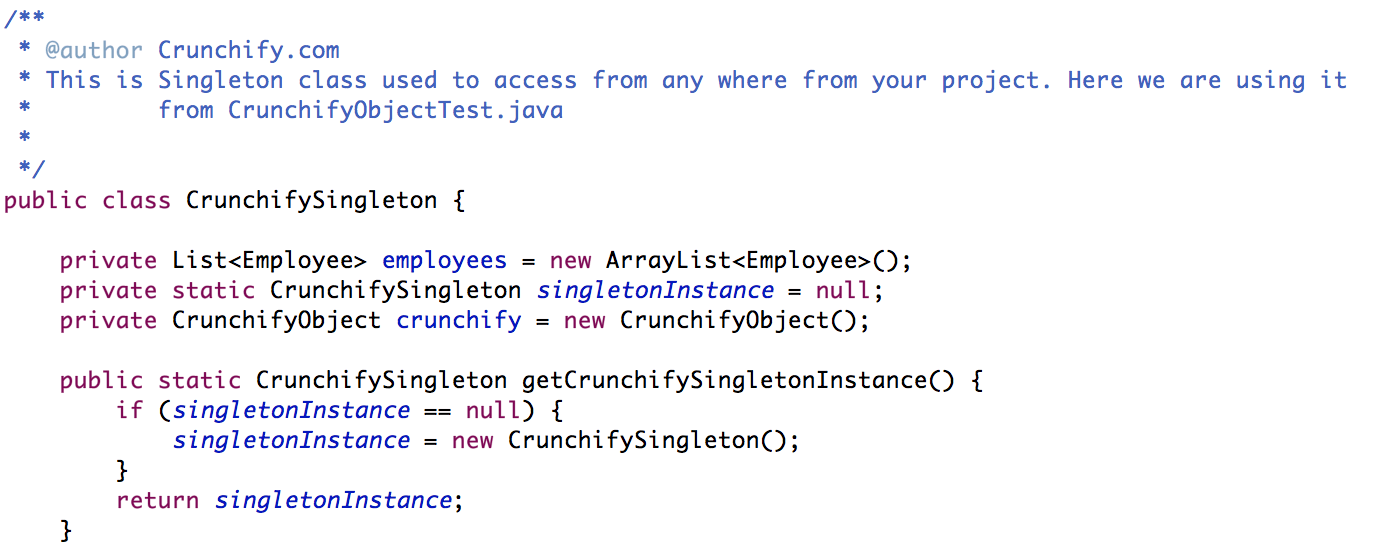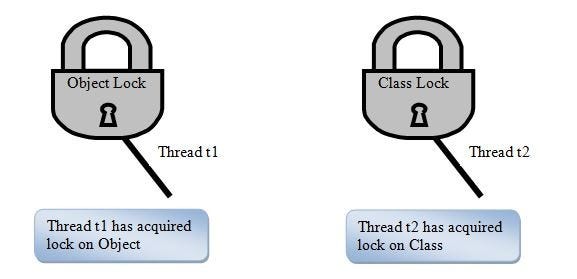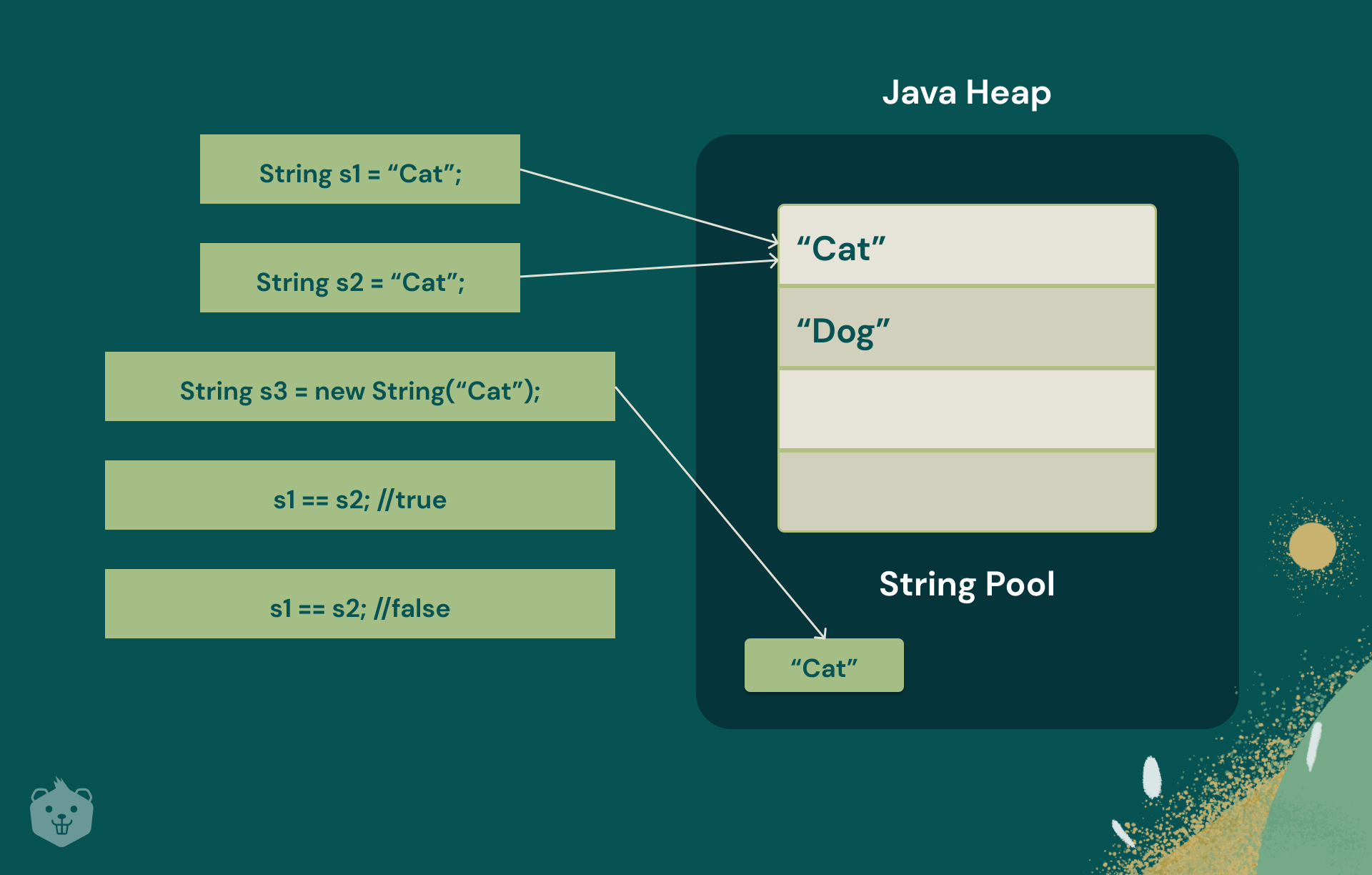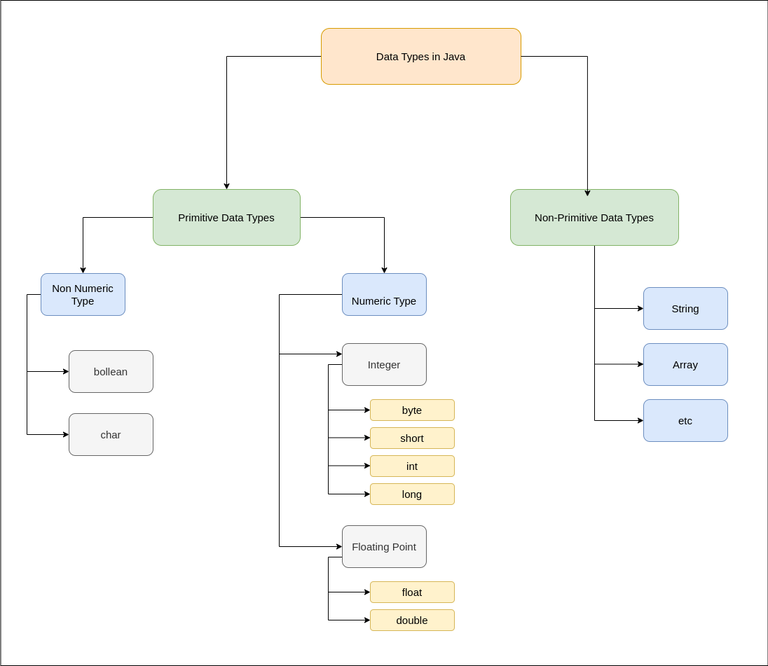How long will it take to learn Java?
How long will it take to learn Java?
The million-dollar question! Learning Java can be a significant investment of time and effort, but with dedication and the right approach, it's definitely achievable.
To give you a more realistic estimate, let's break down the learning process into manageable chunks:
Basic Understanding: You can grasp the fundamental concepts of Java programming in around 2-4 weeks (about 40 hours). This includes understanding variables, data types, control structures, functions, and basic object-oriented programming (OOP) principles. Syntax and Basics: With a solid foundation in place, you'll be able to learn the syntax and basics of Java programming in around 8-12 weeks (approximately 160-240 hours). This includes learning how to write classes, methods, constructors, and understanding error handling mechanisms. Object-Oriented Programming (OOP) Concepts: Mastering OOP concepts like encapsulation, inheritance, polymorphism, and composition can take around 4-8 weeks (about 80-160 hours). Java Frameworks and Libraries: Familiarizing yourself with popular Java frameworks like Spring, Hibernate, and Struts, as well as libraries like Apache Commons, can take another 4-12 weeks (approximately 80-240 hours), depending on the level of complexity you're aiming for. Practice and Real-World Applications: To become proficient in Java, you'll need to practice writing code and working on real-world projects. This can take anywhere from a few months to several years, depending on your goals, dedication, and the complexity of the projects. Advanced Topics and Specialization: Pursuing advanced topics like Java 8 features (lambda expressions, method references, etc.), concurrent programming, or specialized areas like Android development, data science, or machine learning can take additional time (months to years). Certification and Mastery: Achieving certification in Java programming (e.g., Oracle Certified Java Programmer) or becoming a master-level Java developer can take several months to a few years.In summary, it's difficult to pinpoint an exact timeframe for learning Java, as it largely depends on your starting level of programming experience, the amount of time you dedicate to studying and practicing, and your goals. However, with consistent effort, you can make significant progress in around 6-12 months.
Keep in mind that:
You don't need to learn everything at once. Focus on one topic or area at a time. Practice is key. The more you code, the faster you'll improve. Don't be afraid to ask for help, join online communities or forums, and take online courses to supplement your learning.Remember, learning Java (or any programming language) takes time, patience, and dedication. Stay motivated, and you'll be well on your way to becoming a proficient Java developer!
Is java easy to learn reddit

I'm happy to provide a response in English!
Java is a popular programming language known for its platform independence, object-oriented design, and extensive libraries. Many developers find Java an accessible and enjoyable language to learn.
Reddit's community shares their experiences and opinions on the ease of learning Java. Here are some points from various discussions:
Pros:
Simple syntax: Java's syntax is generally considered easy to understand, especially for those familiar with C or other programming languages. Object-oriented design: Java's OOP (Object-Oriented Programming) concepts, such as classes, objects, and inheritance, are straightforward and well-suited for beginners. Large community support: With millions of developers worldwide using Java, there is a vast amount of documentation, tutorials, and resources available online to help with learning. Flexibility: Java can be used for developing various applications, including Android apps, web services, desktop software, and more.
Cons:
Verbose syntax: Java's syntax can be verbose at times, which might lead to longer code files and more complexity. Memory management: Java is an object-oriented language that manages memory automatically through garbage collection. While this feature helps prevent memory leaks, it can also introduce pauses in the program if the garbage collector needs to run. Complex libraries: Although Java has a vast array of libraries for various tasks, some developers find them overwhelming or difficult to use.Tips for beginners:
Start with basics: Begin by learning the fundamental concepts of programming and Java, such as variables, data types, control structures, functions, and classes. Practice coding: The best way to learn Java is by writing code. Start with simple programs and gradually move on to more complex projects. Use online resources: Take advantage of numerous online tutorials, videos, and courses that can help you learn Java quickly and efficiently.Real-world applications:
Android apps: Java is used extensively for developing Android apps, including popular games and utilities. Web services: Java is often employed for building web servers, such as Apache Tomcat, and creating RESTful APIs. Desktop software: Java can be used to develop desktop applications, like IDEs (Integrated Development Environments) or media players.In conclusion, while Java has some potential drawbacks, its ease of use, flexibility, and extensive community support make it a popular choice among developers. With dedication and practice, anyone can learn Java and unlock its vast capabilities!
